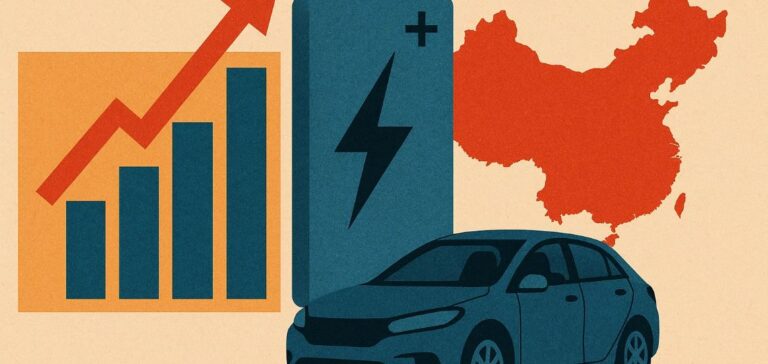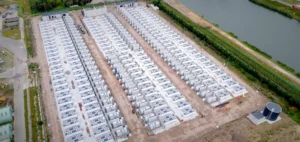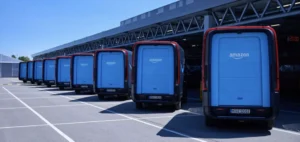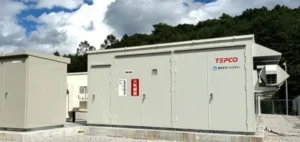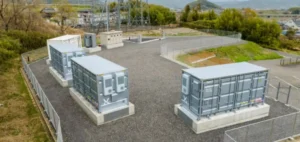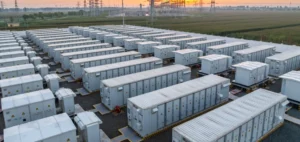Global production capacity for lithium-ion batteries (LIB) is expected to exceed two terawatt-hours (TWh) in 2025, representing a 21% year-on-year increase, according to forecasts by Norwegian consultancy Rystad Energy. This trend reflects the continued expansion of the global electric vehicle (EV), energy storage and battery recycling markets. China remains central to this growth, supported by favourable public policies and strong industrial competitiveness.
LFP battery dominance and rise of alternative technologies
Lithium iron phosphate (LFP) batteries now dominate China’s EV market, accounting for approximately 80% of all batteries used. Their success stems from affordability and a strong safety profile. Although the steep declines in prices for materials such as lithium carbonate and cobalt salts have levelled off, Rystad Energy anticipates future savings from improvements in manufacturing processes rather than raw material cost reductions.
At the same time, alternative battery technologies such as sodium-ion and flow batteries are beginning to gain traction in specific segments. Their increasingly competitive costs open new opportunities for stationary and non-transport applications, particularly in developing countries.
EV sales rise amid uneven market conditions
Global electric vehicle sales surpassed 17 million units in 2024 and are expected to exceed 20 million this year. This would represent 27% of the global automotive market by December. In China, plug-in hybrid electric vehicles (PHEVs) account for 44% of EV sales, reflecting increased demand for flexible and cost-efficient mobility solutions.
By contrast, the European EV market saw a slight decline, affected by regulatory uncertainties and the gradual phasing out of subsidies. In the United States, growth remained moderate due to concerns over vehicle affordability and a lack of charging infrastructure.
Energy storage and recycling growth driven by China
Global installations of battery energy storage systems (BESS) surpassed 200 gigawatts (GW) in 2024. This expansion was largely driven by China, the United States and the United Kingdom, where falling costs and rising demand for renewable energy integration are fuelling investment. Other markets, such as Australia and India, are also showing growing interest.
Worldwide battery recycling capacity is expected to exceed eight million tonnes. While China maintains its leading position, North America has faced challenges due to lower EV demand and declining lithium prices. However, the successful commercial launch of recycled lithium carbonate by US-based company Ascend Elements points to long-term potential in this segment.


